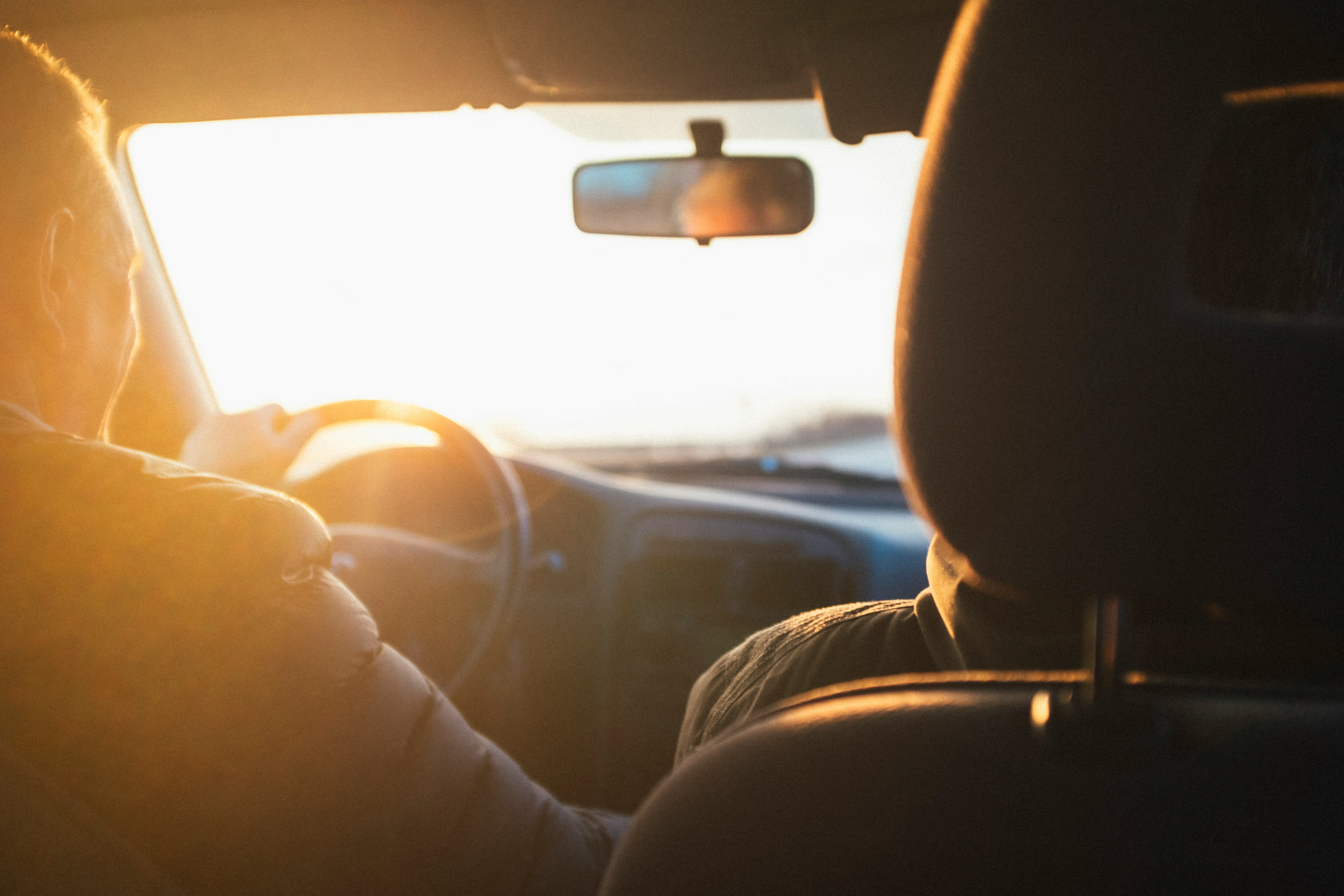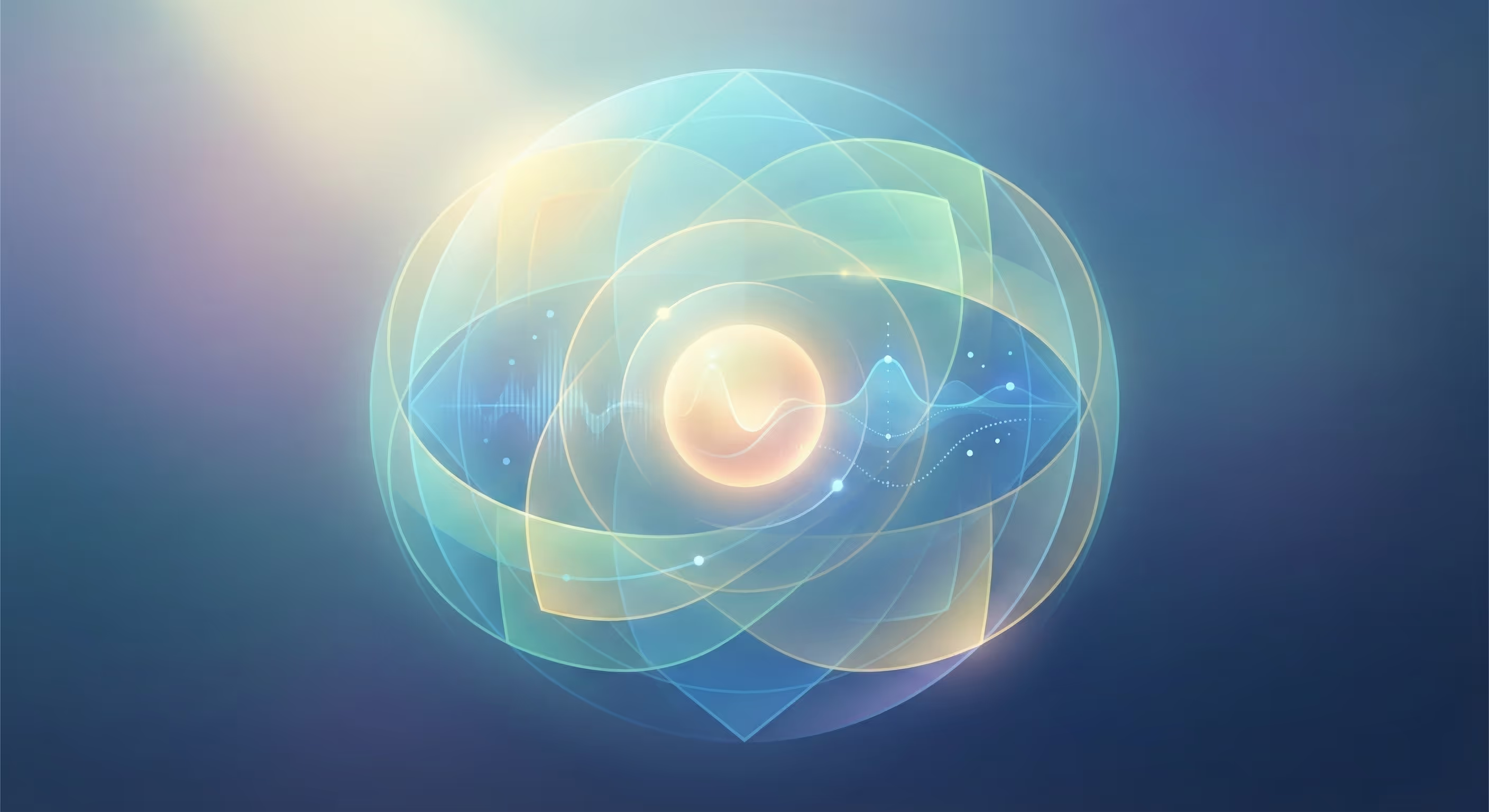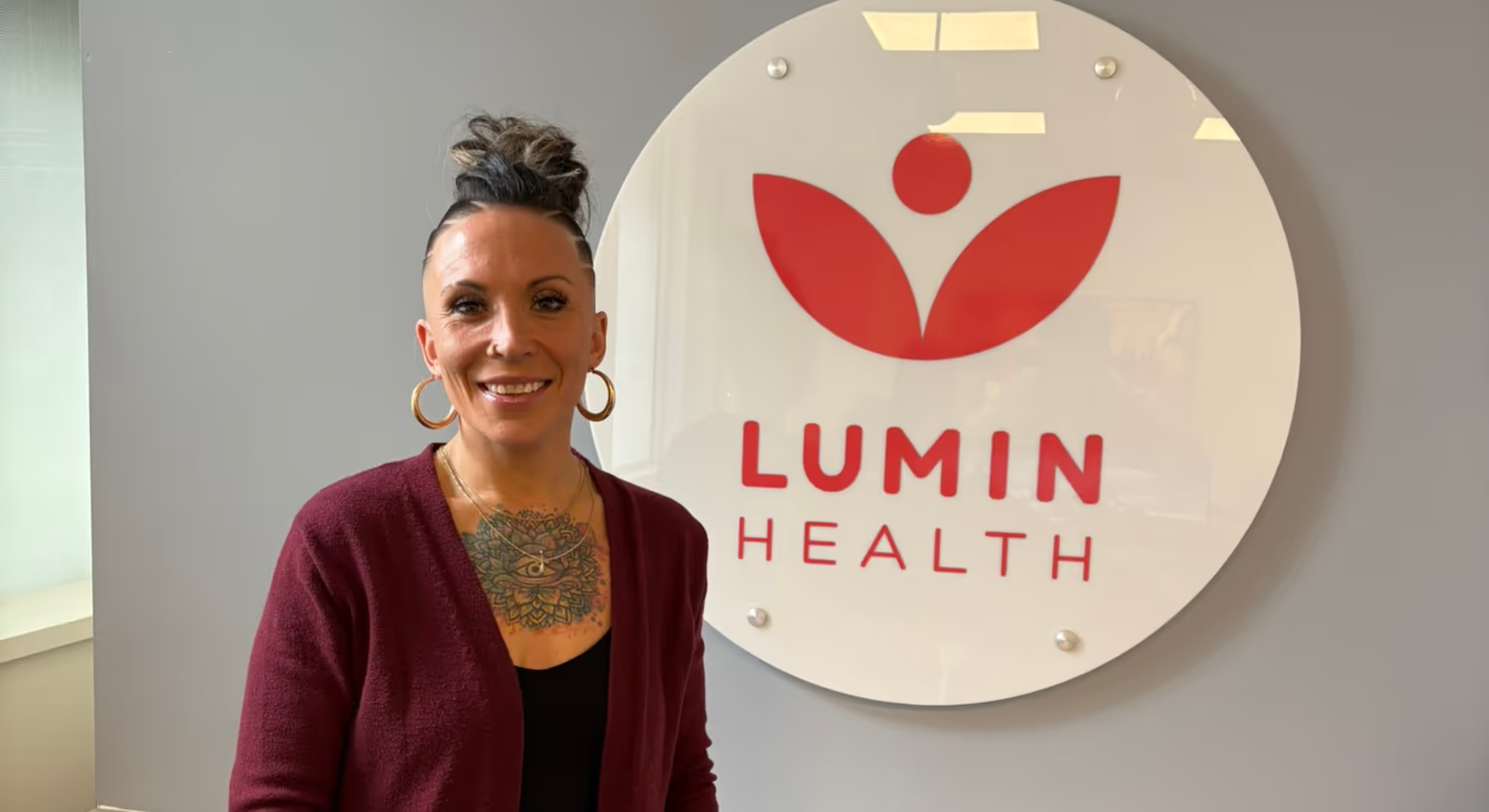Ketamine therapy is most effective — and safest — when the hours after dosing are calm and predictable. Many patients describe feeling lighter yet a bit “floaty” the day of treatment. That’s normal. The goal is simple: reduce risk, let your body and mind settle, and give immediate effects from ketamine treatment or esketamine (Spravato) room to land in a supervised Spravato clinic or off-label setting.
Day-of ketamine therapy guidelines
No driving; plan rides in advance
Arrange a ride home from your appointment, and do not drive the rest of the day. Reaction time and balance may be affected after ketamine therapy or Spravato treatment, even if you feel “mostly fine.” Set this up before your visit so you can go straight home.
Light schedule, fewer decisions
Keep the day simple: no major errands, no big work deadlines, no important meetings. Aim for low-stimulus activities (quiet music, a shower, a short walk with support at home). Many patients find that fewer choices help early shifts from ketamine for depression consolidate.
Common physical sensations during ketamine treatment
Tired, dizzy, “floaty”
It’s common to feel drowsy, mildly dizzy, or gently detached for a few hours after dosing. Some people notice a “spacious” or dreamlike quality. These effects typically soften by evening. Different routes of administration can feel different, but the broad strokes remain relatively constant.
Returning to routines after ketamine treatment
Sleep and hydration matter
Drink water, have a light, familiar meal when appetite returns, and wind down early (dim lights, minimal screens). Good sleep is not a luxury here — it’s part of how your nervous system consolidates the effects of ketamine therapy or Spravato treatment.
Gentle re-entry the next day
Most patients resume normal activities the following day. Keep it steady rather than ambitious: regular meals, a short walk, and one or two meaningful tasks. If you’re in psychotherapy, consider scheduling time within the first 24–72 hours to translate insights into next-session goals. Small, repeatable steps help the benefits of ketamine for depression last between visits.
Why Safety is a Critical Part of Aftercare in Ketamine Treatment
A brief, safety-focused guide to what you can expect physically after ketamine treatment or Spravato treatment — and why a slower day with no driving helps your body settle. This is standard practice in a Spravato clinic and part of how we keep ketamine therapy safe.







